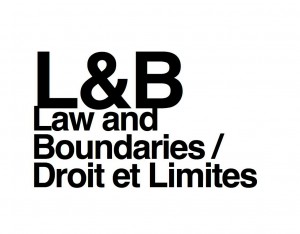East West Street. On the Origins of Genocide and Crimes against Humanity by Prof. Philippe Sands (University College London, Faculty of Laws)
Wednesday, Feb 8, 2017, 6pm at the Hamburger Institut für Sozialforschung (HIS)
Research Area 4 at the Centre for Globalisation and Governance (CGG) in Cooperation with the Hamburger Institut für Sozialforschung (HIS)
The talk is now online!
When human rights lawyer Philippe Sands received an invitation to deliver a lecture in the western Ukrainian city of Lviv, he began to uncover a series of extraordinary historical coincidences. It set him on a quest that would take him half way around the world in an exploration of the origins of international law and the pursuit of his own secret family history, beginning and ending with the last day of the Nuremberg trial. Part historical detective story, part family history, Sands guides us through some interconnected stories on the development of international law and the inclusion of the terms ‘crimes against humanity’ (Lauterpacht) and ‘genocide’ (Lemkin) in the judgement at Nuremberg.
Philippe Sands is Professor of Law and Director of the Centre on International Courts and Tribunals at the University College London Faculty of Laws. His fields of expertise include public international law, the settlement of international disputes, and environmental and natural resources law. As a practicing barrister he has extensive experience litigating cases before various international courts, including the ITLOS in Hamburg. Sands is also a regular commentator in the media. His most recent book East West Street is winner of the Baillie Gifford (Samuel Johnson) Prize for Non-Fiction.



